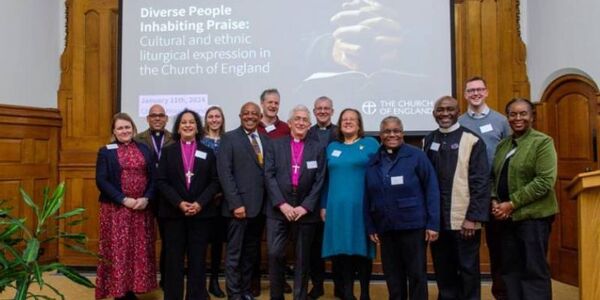The Church of England Birmingham has unveiled plans to assemble a team of 11 individuals dedicated to fostering anti-racist practices and dismantling notions of whiteness within its congregations. This initiative, announced on Tuesday, underscores the church’s commitment to addressing systemic racism and promoting inclusivity among its members.
In a recruitment announcement posted on its website for the position of an anti-racism practice officer, the church disclosed its collaboration with the Church of England Diocese in the West Midlands, along with the dioceses of Coventry, Gloucester, Hereford, Lichfield, and Worcester. Together, they have secured funding from the Racial Justice unit to establish this team.
The envisioned team’s mandate is to ensure that the structures, practices, and behaviors within the Church and its affiliated churches are inclusive of individuals from Global Majority Heritage (GMH) and UK Minority Ethnic (UKME) backgrounds, facilitating their full participation and flourishing within the church community.
Among the team’s key responsibilities are sharing theological insights rooted in diverse cultural perspectives, exchanging worship practices, evaluating participation levels across church structures and activities, soliciting contributions from underrepresented voices in governance structures, and challenging the concept of whiteness within the church environment.

Church of England Birmingham’s Plan to Fight Racism and Promote Diversity (Credits: BNN Breaking)
Central to the role is the objective of empowering clergy and lay church members who do not belong to GMH/UKME backgrounds to recognize and dismantle the barriers they inadvertently create that hinder the full engagement of their GMH/UKME counterparts. The appointed individual will also be tasked with establishing support groups for those seeking to confront their own biases and prejudices.
The impetus for such initiatives stems from a directive issued by the Church of England’s House of Bishops in June 2020, advocating for substantial cultural and structural reforms to advance racial justice within the church.
Archbishop Justin Welby emphasized the urgent need for progress, acknowledging the persistence of systemic barriers hindering the representation of GMH/UKME clergy in senior leadership positions. Nevertheless, he commended instances of positive change encountered by the commission overseeing these efforts.
Echoing these sentiments, Archbishop Stephen Cottrell of York underscored the ongoing challenges in achieving true diversity within the Church of England, emphasizing the imperative of aligning church demographics with the diverse communities it serves and seeks to bring closer to the teachings of Christ.























